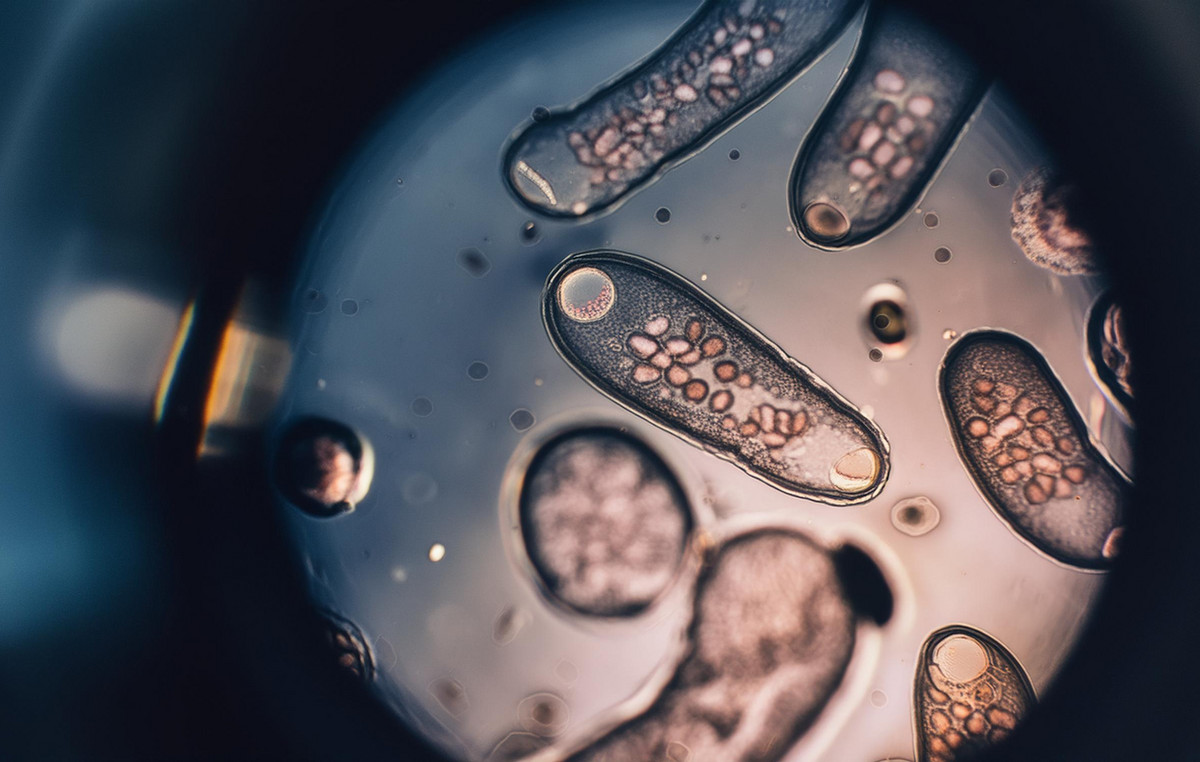This Wednesday (20th) we celebrate the World Meat Free Day a date used to warn about the evils of consuming animal protein and highlight the benefits of reducing or eliminating your consumption The diet .
The purpose of the celebration is to encourage people to avoid eating meat on this day and explore plant-based alternatives for their meals. The initiative is similar to “Meatless Monday”, an international campaign that encourages people not to eat animal protein on Mondays.
World Meat Free Day has been around since 1985, when the date proposed by the NGO Farm Animal Rights Movement (Farm) was included in the world calendar. The initial objective was to raise awareness about the “evils” of meat consumption and encourage discussion about how harmful the omnivorous diet can be to health, animals and the environment.
The numbers don't lie
One search from The Good Food Institute Brasil (GFI Brasil) showed that, in 2022, the consumption of beef, pork, chicken and fish fell by 67% among Brazilians compared to the previous year.
The GFI study also indicated that, of the total number of consumers who reduced meat in their diet, 47% intend to reduce it even further in 2023. In this research, the increase in the price of meat was considered the motivation of 45% of Brazilians who reduced their consumption. consumption. For another 36%, this reduction was motivated by health-related issues, such as improving digestion, reducing cholesterol or losing weight.
Key benefits of reducing meat
Thaisa Navalar , vegan nutritionist and member of the Brazilian Vegetarian Society (SVB), comments that a vegetarian diet is “richer in fiber due to the increased consumption of fruits, vegetables, legumes, whole grains, nuts and legumes”. And he adds: “With the increased consumption of these food groups, there is also a greater intake of protective substances, such as antioxidants and bioactive compounds.”
Reducing or not eating meat has already been proven to be beneficial for health. This action can improve heart health, reduce side effects of cancer treatment and reduce the prevalence of chronic non-communicable diseases such as type 2 diabetes, cardiovascular diseases, hypertension and obesity.
Alternative sources of protein
For Barbara Sant'Ana , nutritionist graduated from the Fundação Universidade Regional de Blumenau (FURB) and vegetarian for over six years, the list of meat substitutes is extensive. “Food sources of vegetable protein are beans: all types of beans (black, red, white, carioca, azuki, fradinho, etc.), lentils, chickpeas, peas, soybeans and their derivatives, with soybeans being the food with highest protein content among all the options”, she reports.
The nutritionist reinforces that even with vegetarian or vegan options, it is not recommended to have a diet based on fast foods and ultra-processed foods. The benefits of this type of diet only exist when there is a switch to foods of plant origin and in nature.
Myths about veganism and vegetarianism
When it comes to a diet without the consumption of meat, or any type of animal product, it is not difficult to hear questions such as “will you lack iron”, “do you need supplementation”, “will you only eat vegetables”, “children and pregnant women they can’t”, “it’s too expensive”, and other myths.
At the office, Thaisa comments that she hears a lot about the increase in carbohydrate consumption. “With all this wave low carb, this became a little more problematic”, he reports. The important thing, in this case, is to choose good options such as sweet potatoes, potatoes and cassava, for example.
Regarding daily protein “goals”, Navolar says that it is not difficult to achieve them without eating meat, even at times in life when it is necessary to ingest more of the macronutrient. “This is easily achieved by balancing the consumption of legumes, distributing them throughout the day and always adjusting according to individual needs. Generally, we recommend protein intake to be around 0.8 to 1.5 grams per day.”
According to Bárbara Sant'Ana, in her office, the most frequent question is about soy consumption. In her perception, there is a fear of consuming the food due to incorrect information spread about it. “To demystify this belief (and any other), I use arguments based on scientific evidence, I share articles, books and materials with my patients, so that they understand and can also research on their own in reliable places.”
How to reduce meat consumption?
Thaisa Navolar has separated four main tips for those who want to reduce or end the consumption of meat in their diet:
- Trust, everything will be fine. You are discovering a new world, a new way of living;
- Look for people who have the same lifestyle as you, so you can exchange recipes, talk, exchange ideas and go on trips together;
- Do a lot of research, look for recipe courses, but, at the same time, simplify. A vegetarian diet is simple and natural, it is not a big deal;
- Seek nutritional and specialist advice if possible. Look for professionals who understand vegetarian eating, who will know how to accept your option and also guide you appropriately.
Source: CNN Brasil
I am an experienced journalist and writer with a career in the news industry. My focus is on covering Top News stories for World Stock Market, where I provide comprehensive analysis and commentary on markets around the world. I have expertise in writing both long-form articles and shorter pieces that deliver timely, relevant updates to readers.







